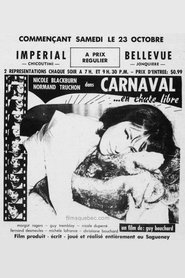detail profile gilles vigneault
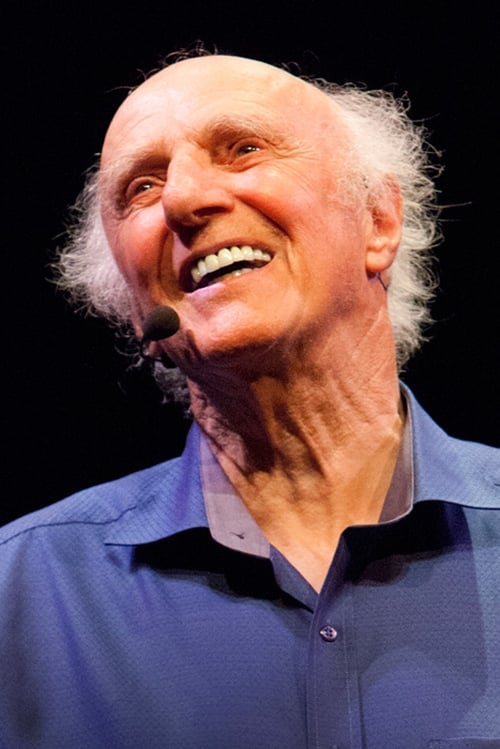
Riwayat Hidup
Gilles Vigneault (born 27 October 1928) is a Canadian poet, publisher, singer-songwriter, and Quebec nationalist and sovereigntist.
Two of his songs are considered by many to be Quebec's unofficial anthems: "Mon pays" and "Gens du pays", and his line Mon pays ce n'est pas un pays, c'est l'hiver (My country is not a country, it is winter, from "Mon Pays") became a proverb in Quebec.
Vigneault is a Grand Officer of the National Order of Quebec, Knight of the Legion of Honour, and Officer of the Ordre des Arts et des Lettres.
Vigneault was born in Natashquan, in the Côte-Nord region of Quebec.
He started writing poetry during his studies at the seminary in Rimouski, and by the 1950s was publishing poems and writing songs for other performers.
In 1959, he founded the publishing house Les Éditions de l'Arc to distribute his publications.
His first collection, Étraves, was published in 1959.
In 1960, Vigneault made his singing debut at the L'Arlequin club in Quebec City, followed by a successful Montreal concert later that year.
In 1962, he recorded his first album, Gilles Vigneault, and received the Grand Prix du Disque from Montreal radio station CKAC.
His reputation grew in Quebec and beyond with the success of his song "Mon Pays", from the soundtrack of the NFB film The Snow Has Melted on the Manicouagan (La neige a fondu sur la Manicouagan) in 1965.
Vigneault's reputation as a songwriter and performer continued to spread and he became popular not only in Quebec, but also in English Canada and Europe.
He performed in major Canadian concert halls, including Montreal's Place des Arts, the National Arts Centre in Ottawa, and at Toronto's Massey Hall.
In Europe, he toured in France, Switzerland, Poland, Belgium, and Luxembourg.
The mid-1970s saw Vigneault's participation in several major events.
On 13 August 1974, 130,000 spectators came together on the Plains of Abraham for the Superfrancofête, where Vigneault participated in a historic concert alongside Félix Leclerc and Robert Charlebois.
The concert was recorded and released as the album J'ai vu le loup, le renard, le lion.
At the Saint-Jean-Baptiste Day concert "Les 5 Jean-Baptistes" on Montreal's Mount Royal on 24 June 1976, Gilles Vigneault performed together with Robert Charlebois, Claude Léveillée, Jean-Pierre Ferland, and Yvon Deschamps.
This concert was recorded and released as 1 fois 5, which later received the Grand Prix du Disque (the Charles Cros award).
Vigneault's political views have remained strongly in favour of national sovereignty for Quebec.
During the 2014 Quebec general election campaign, he supported the Parti Québécois.
The main subjects of Vigneault's writing are Quebec and its people, as well as human relationships, love, and everyday life.
Vigneault is also concerned with environmental issues and has written songs and tales for children.
His childhood reminiscences about his upbringing were filmed by Michel Moreau for the 1993 documentary film A Childhood in Natashquan (Une enfance à Natashquan).
Gilles Vigneault has seven children: Michel, Louis, François (a poet and lyricist), Pascale, Guillaume (a novelist), Jessica (a pianist and singer), and Benjamin (a percussionist).
Source: Article "Gilles Vigneault" from Wikipedia in English, licensed under CC-BY-SA 3.
0.
Info Pribadi
Peran Yang Di Mainkan Gilles Vigneault
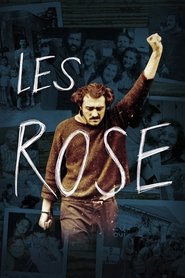 In October 1970 members of the Front...
In October 1970 members of the Front...Les Rose 2020
In October 1970, members of the Front de Libération du Québec (FLQ) kidnapped and murdered Minister Pierre Laporte, part of an unprecedented crisis in Quebec. Fifty years later, Félix Rose tries to understand what could have led his father and uncle to commit such crimes. Thanks to his uncle Jacques, who agrees for the first time to speak on the subject, and to the traces left by his father Paul, he revives the heritage of a Quebec working class family. The fruit of ten years of research, Les Rose allows us to revisit a time and people that we knew through clichés, and gives a glimpse of the experiences of a rebellious youth and the crimes that followed.
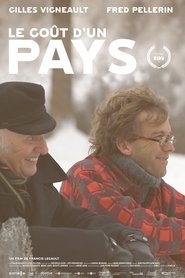 Focused on an inspiring and touching...
Focused on an inspiring and touching...Le goût d'un pays 2016
Focused on an inspiring and touching dialogue between Gilles Vigneault and Fred Pellerin, the documentary tells the story of Quebec by digging deep into an ancestral tradition etched into our cultural DNA: the production of maple syrup.
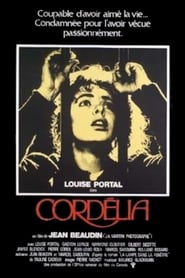 In a little village at the...
In a little village at the...Cordélia 1980
In a little village at the end of the 1890's, a young woman offends all the 'right-thinking' villagers by allowing men in her house in the absence of her husband. When he is found dead, all of the suspicion is directed towards the liberal woman. She is judged more for her morality then for the crime she is accused of. Her culpability is still a subject of debate today.
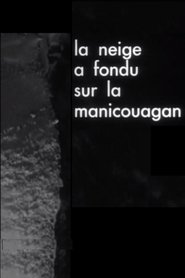 An atmospheric mood piece photographed in...
An atmospheric mood piece photographed in...The Snow Has Melted on the Manicouagan 1965
An atmospheric mood piece photographed in the winter at the giant dam built by Hydro Quebec in the northern wilds of the province. The story concerns a worker's wife, who is bored with her dreary existence in the wilderness. She walks around in the snow recalling how she met her husband, then goes to the landing field to catch a departing plane. But she remains when her husband tells her how much his work means to him. This moving and very humanistic tale represents the NFB at its best.
 The film follows two young men...
The film follows two young men...Les bacheliers de la cinquième 1962
The film follows two young men from the Côte-Nord in Quebec who fall on hard times due to an economic crisis raging in the region. Between staging and song, the movie deals with the importance of work in the construction of identity.
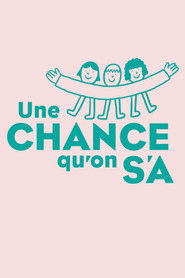 A tribute to the Quebec population...
A tribute to the Quebec population...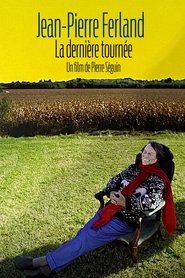
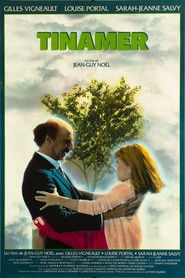 Tinamer is 27 years old when her...
Tinamer is 27 years old when her...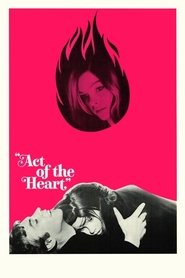 A womans peculiar religious convictions lead...
A womans peculiar religious convictions lead...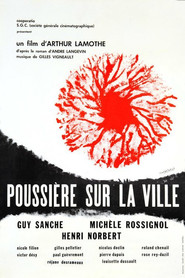 A doctor living in a small...
A doctor living in a small...